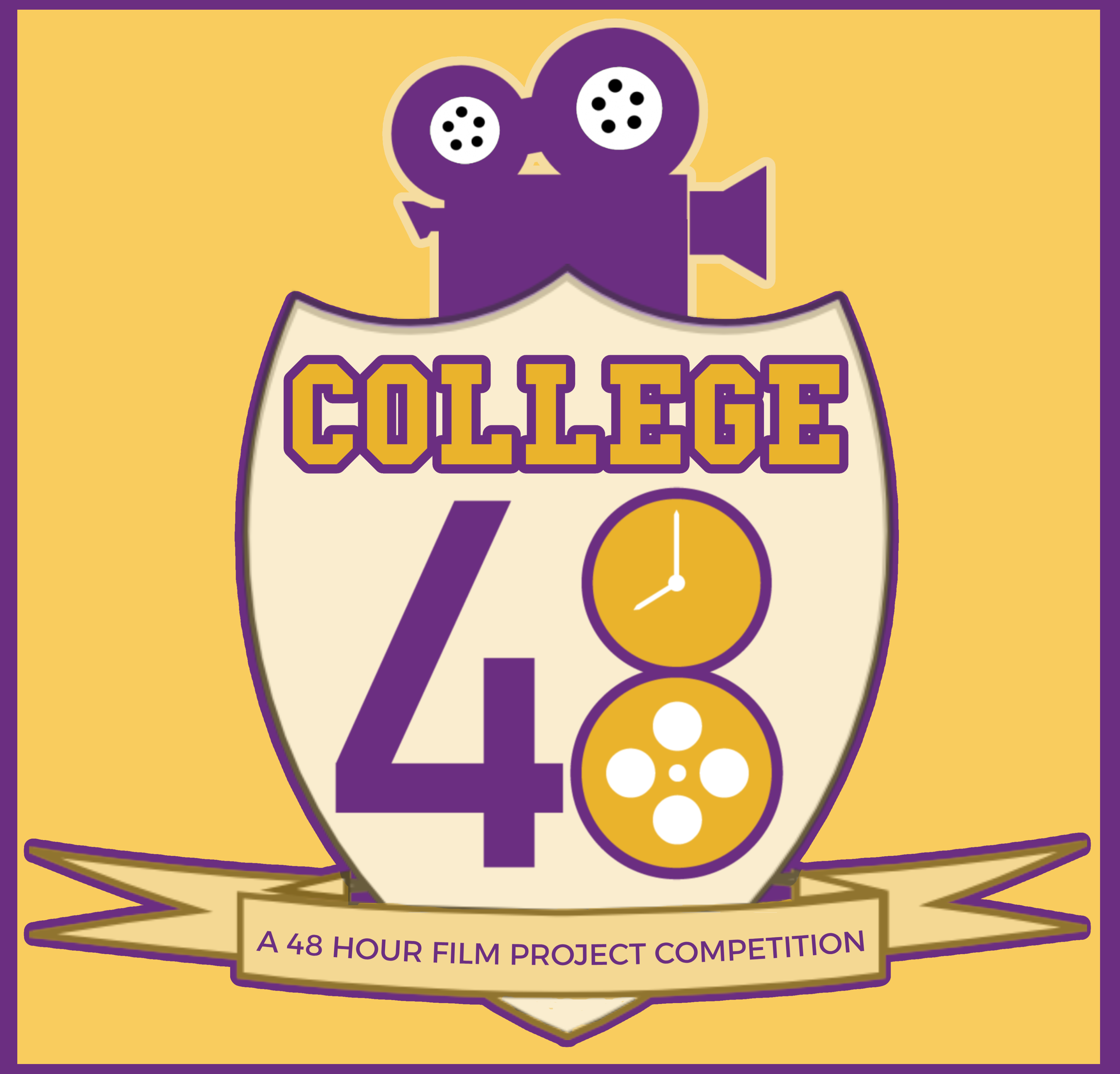Scotland 14
Listen to Scotland 14, a 21-year-old man from Torry, Aberdeen, Scotland. Click or tap the triangle-shaped play button to hear the subject.
Both as a courtesy and to comply with copyright law, please remember to credit IDEA for direct or indirect use of samples. IDEA is a free resource; please consider supporting us.
BIOGRAPHICAL INFORMATION
AGE: 21
DATE OF BIRTH (DD/MM/YYYY): 1983
PLACE OF BIRTH: Torry, Aberdeen, Scotland
GENDER: male
ETHNICITY: Caucasian
OCCUPATION: drama student
EDUCATION: When recorded, subject was in his final year at drama school.
AREA(S) OF RESIDENCE OUTSIDE REPRESENTATIVE REGION FOR LONGER THAN SIX MONTHS:
The subject attended the Royal Scottish Academy of Music and Drama in Glasgow.
OTHER INFLUENCES ON SPEECH: N/A
The text used in our recordings of scripted speech can be found by clicking here.
RECORDED BY: Ros Steen
DATE OF RECORDING (DD/MM/YYYY): 2005
PHONETIC TRANSCRIPTION OF SCRIPTED SPEECH: N/A
TRANSCRIBED BY: N/A
DATE OF TRANSCRIPTION (DD/MM/YYYY): N/A
ORTHOGRAPHIC TRANSCRIPTION OF UNSCRIPTED SPEECH:
Um, I’m 21. Ahm fae [I’m from] Torry, up in Aberdeen. Um, Torry is like a wee sort of coastal fishing town. Um, you’ve got like the harbor and that there; it’s one of the biggest ports in Europe. Um, during the war, um, Hitler wanted to take it over because it was one of the biggest, um, ports in Europe and, um, and there was defenses on the coast called the Torry Battery it’s called. And er there’s a b… a b… like you can still go up to it today into it and stuff, and there’s like still… you can still see the rail and the track of the anti- er aircraft guns and stuff like that. So that’s, that’s Torry; it’s got the sea… sea, like there’s a lot of… to do with the sort of trade and a lot of people’s livelihoods, sort of like a fishing town and stuff. Also, um, you’ve got the — what else have you got there? I was only up there last week too. Suppose you’ve got all the seagulls, you ken what I mean, because you’ve got all the fish and stuff. Aberdeen’s quite a — it’s, it’s one of the biggest cities in Aberd-, in, er, Scotland. Aberdeen? One of the biggest cities in Scotland. But it’s kind of like Aberdeen’s mentality is just like there is nothing really much outside Aberdeen; you go on your holiday for your two weeks a year, or you go and work in a fishery, or you work offshore, or you get a trade. So I suppose coming from Torry and like you say you want to be an actor or whatever, you ken [know], all my mates used to laugh and go, “Oh aye,” ken, “check you, you idiot, stupid fool,” and all this stuff. But, I mean, now I’m 21, I’m following my dream. I’m in my last year at RSAMD, so … The quality I got here, er, and I’m doing quite well, so it’s good. Um, the Traverse play was cracking, man. I was in a play on at the Traverse there, and, eh, oh it was ace, man. I’ve always wanted to do — like when I was at, um, I was in like Higher Drama; well, in fact I was in the Standard Grade Drama, and I said … ken like you get all the plays and stuff with the Traverse, and you’re like, “Man, the Traverse must be really good,” ken, but I’d never been to it. And I was like, “Oh, it must be really good to go to,” ken, do a play there. And you get the book and you … we were doing perfect days at school and stuff, like doing some of the scenes and that, and like you … open the play to you and you’re like, “Oh, it’s a crisp copy,” ken, you get your copy and stuff, from the school and stuff, and then … but you don’t need to pay for it ’cause it’s school. So you get your book and it’s crisp copy, you open it up, ken, you’ve got the binding over your spine, you’re looking at it, and you’re like, “Man, that guy’s played … he’s the first part to … person ever play this part! How ace would it be to get that and then get your name in the book?” Here’s me, fit, aye, in like six, seven year … no … aye, about six year later and I’ve done it, and it’s quality, ’cos I’ve always wanted to do that, so… But, er, no, I loved it. I was playing a guy called Adam. He was kind of like sixteen-year-old … no … aye, he was like sixteen, and, er, he was like supposed to be… I think he was from Aberdeen, ken. So that was good that I was … I was … ‘cause his dad worked on the rigs and stuff like that, so it kind of suggested he was from Aberdeen. But it wasn’t kind of said out loud, sort of thing, it was just kind of subtly put there. But it was quality. That’s one of the best experiences I’ve had in the theatre, I suppose. And I got paid for it, which was good. And abody [everybody] was quality, so that was cracking, aye.
TRANSCRIBED BY: original (partial) transcription by Karina Lemmer; current (full) transcription by Dominic Watt
DATE OF TRANSCRIPTION (DD/MM/YYYY): 31/07/2008 and 06/05/2014
PHONETIC TRANSCRIPTION OF UNSCRIPTED SPEECH: N/A
TRANSCRIBED BY: N/A
DATE OF TRANSCRIPTION (DD/MM/YYYY): N/A
SCHOLARLY COMMENTARY:
The area the subject comes from retains its rich, strong dialect of northeast Scots, and the speaker can switch fluently between Standard Scots and his own dialect. “Comma Gets a Cure” is read in a more standard way, but the unscripted speech is in Scots; hence the pronunciation of “Aberdeen,” “from,” “toon,” “over,” “called,” “do,” and “outside”; and the use of “ken” and “wee” for “know” and “little.” The vowel of “man” is very back; “a’body” means “everybody,” and the sound in “her” is very openly realized. With this speaker, the initial /th/ is sometimes dropped, so “that” becomes “at.” One key substitution in the dialect is the traditional /f/ for word-initial /wh/, so “when” become “fin,” “what” becomes “fit,” and so on. The glottal stop, as with many young Scots, is ubiquitous; and consonants, especially the /r/ sound, is very muscular.
COMMENTARY BY: Ros Steen
DATE OF COMMENTARY (DD/MM/YYYY): 2005
The archive provides:
- Recordings of accent/dialect speakers from the region you select.
- Text of the speakers’ biographical details.
- Scholarly commentary and analysis in some cases.
- In most cases, an orthographic transcription of the speakers’ unscripted speech. In a small number of cases, you will also find a narrow phonetic transcription of the sample (see Phonetic Transcriptions for a complete list). The recordings average four minutes in length and feature both the reading of one of two standard passages, and some unscripted speech. The two passages are Comma Gets a Cure (currently our standard passage) and The Rainbow Passage (used in our earliest recordings).
For instructional materials or coaching in the accents and dialects represented here, please go to Other Dialect Services.
 IDEA: International Dialects of English Archive
IDEA: International Dialects of English Archive





